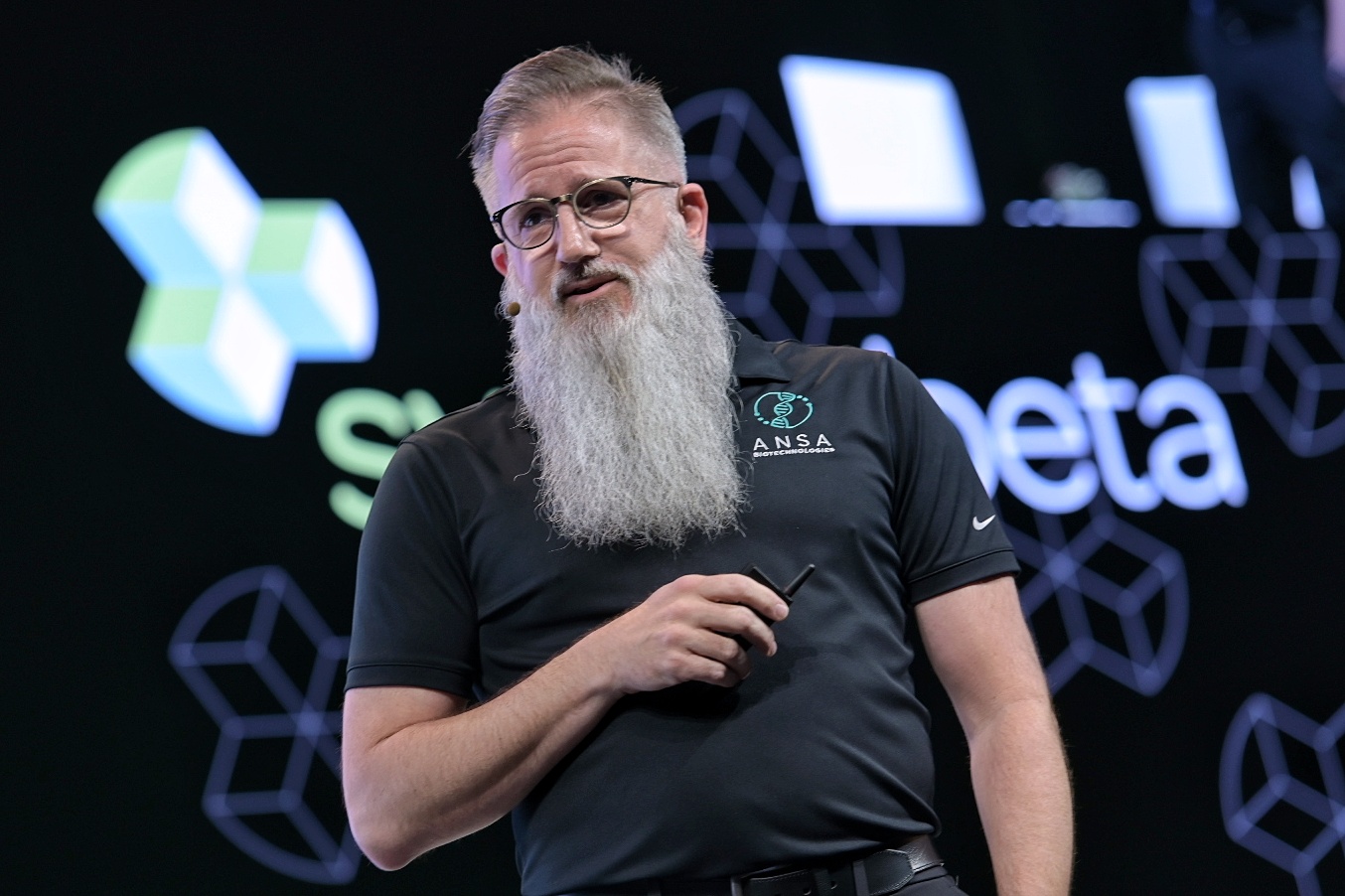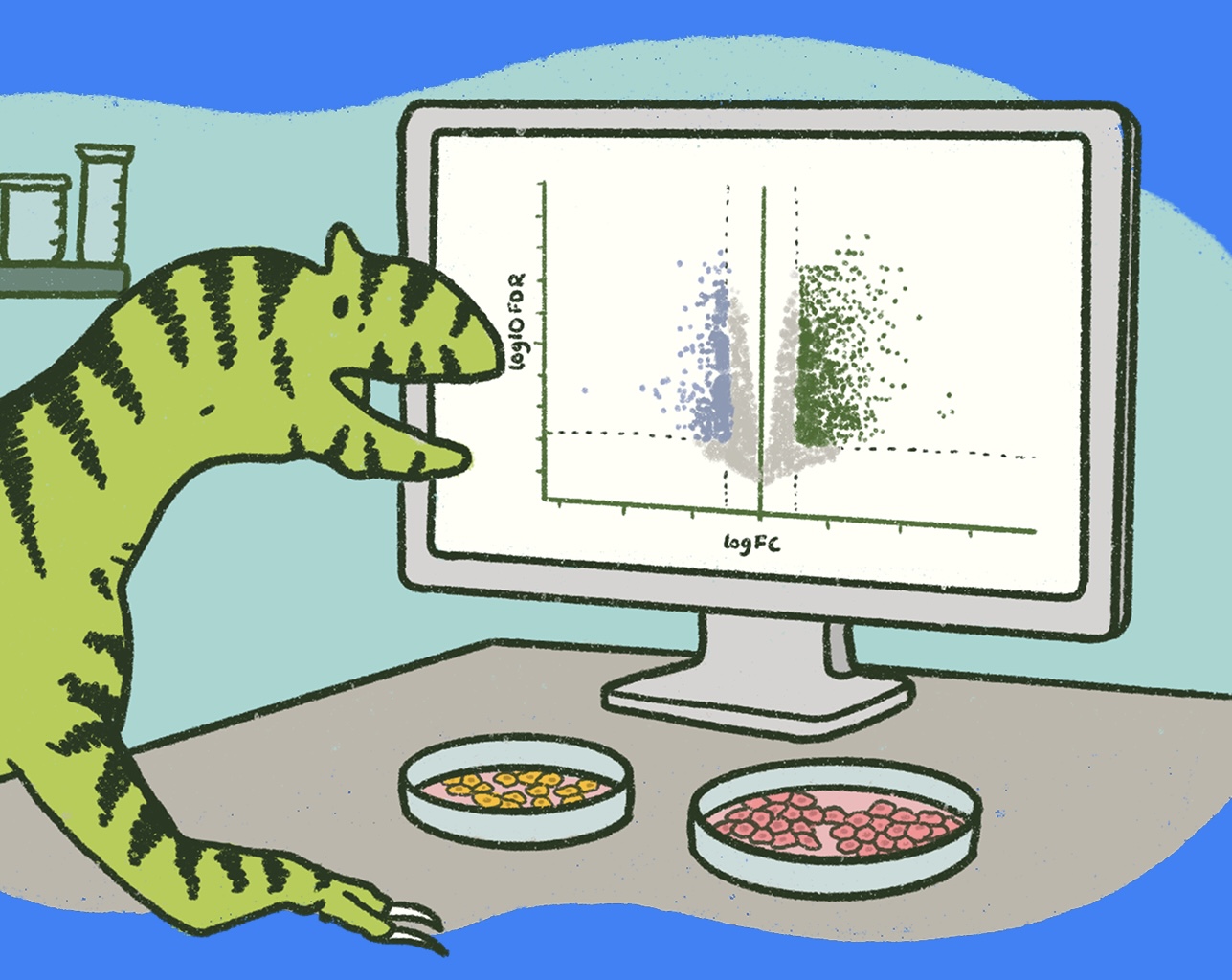
New Bioinspired Materials: Why AMSilk is Betting on Bioengineered Silk Polymers
New Bioinspired Materials: Why AMSilk is Betting on Bioengineered Silk Polymers
Scientists have tried to mass-produce spider silk for decades with little success. As a naturally occurring supermaterial, spider silk is strong, extendible, lightweight, biodegradable, flexible, biocompatible, and can be processed into different formats, including 3D structures. Unlocking the secret to producing silk at large scale could change the clothing industry, as well as provide new biomaterials for construction and biomedical applications.In 2008, AMSilk was founded in Munich based on technology developed in the lab of Prof. Thomas Scheibel (a co-founder of the company) at the Technische Universität München. AMSilk has been producing bulk material on a large industrial scale since 2014, and has raised around €30 million in venture capital. AMSilk high-performance biopolymers are distributed in the form of Silkbeads (microparticles), Silkgel (hydrogel) or Biosteel® fibers. They are currently used in coatings for medical technology products, in the textile industry and as an ingredient in cosmetic products.AMSilk has partnered with many companies. Last year, adidas unveiled the world’s first performance shoe made using Biosteel® fiber, which is biodegradable, 15% lighter in weight than conventional synthetic fibers as well as having the potential to be the strongest fully natural material available. They also partnered with Ocean Pharma to create a new water-based, breathable nail polish, and with Gruschwitz to produce synthetic high-performance yarns.In a recent interview for The Innovator, Prof. Thomas Scheibel briefly described the technology behind AMSilk: “You cannot farm spiders like you can silkworms because spiders are cannibalistic. So we had to find a different host system. The challenge was whether we could transfer genetic information from a spider into some other organism. We trans-located spiders’ genes into bacteria that exist also in our gut and thereby reprogrammed these bacteria to produce spider silk proteins.”Another exciting application for the Biosteel fibers are that they can produce hydrogels that can serve as a base for the restoration of heart tissue. Patients suffering from cardiac infarction soon might have a real chance to restore their damaged heart tissue thanks to spider silk and 3D-printing.Thomas Scheibel elaborated on some other applications for their spider silk technology: “If you shield silicone breast implants with spider silk (in this case not as a fiber but as a film coating) you can lower the risk of inflammation and rejection by the body because the immune system does not recognize it as a foreign body. You can also use spider silk as a drug delivery mechanism for toxic cancer medications. The drug is encapsulated within spider silk particles and is only released upon uptake e.g. within cancer cells. Spider silk can also be used in shampoos to gives hair a silky sheen. It is used in skin creams to protect skin from bacteria and is good for people who have very dry skin, such as diabetics. It can also be used as a coating on cloth to protect baby apparel from bacteria so less washing is needed or to lower pilling of furniture upholstery. We are also talking with different manufacturers about making fine dust air filters out of spider silk.”To learn more about the company, we interviewed Jens Klein, Managing Director and CEO of AMSilk, who will be speaking in the Lightning Talks session at SynBioBeta SF 2017 on October 4th - don’t miss out, register today.
Why are silk biopolymers such an exciting field to be part of at the moment?
Companies across industries are facing an unsolved dilemma: an insatiable need for high-performance products, and a quickly growing demand for environmentally sound solutions. Both consumers and manufacturers are actively seeking options to move away from synthetic, petroleum-based products and turn to sustainable alternatives that provide even greater benefits than their traditional counterparts. AMSilk is leading the charge to make biopolymers readily available to meet this demand. Advances in technology have finally reached a point that biopolymers, which are indistinguishable from their natural counterparts at the molecular level, have become viable at a commercial scale.
Can you tell us about your projects at AMSilk and the technology to develop bioengineered spider silk?
We were founded in 2008 with a mission to provide high-performance silk biopolymers to the world. Our scientists have developed a patented, animal-free process to produce raw silk material at scale from bacterial fermentation techniques.
How is the biopolymers market developing?
We're in a golden age for advanced materials right now. In biopolymers specifically, we’re seeing the application of these new materials in fields that may not have been known for innovation – in textiles, for example, bringing a fundamentally new fiber to the market hasn’t happened for years. With products like ours, we’re pushing industries forward.
What challenges persist in your field, and what progress has your team – or other peers – made in overcoming them?
As we develop the next generation of bioengineered materials, the billion dollar question is simple: will it scale? Translating lab-scale processes to industrial-scale production is immensely challenging. At AMSilk we are proud of the progress that we have made in this respect, working with leading scientists and partners to bring our product to markets around the world. Currently we’re producing materials for commercial partners across industries – from textiles to cosmetics to medical technology.
What are the upcoming milestones and long-term priorities for your company?
Long term, our goal is to provide best-in-class silk biopolymers to partners around the world. We’d ultimately like to be part of a new materials age, one in which sustainable, high-performance products are the rule, not the exception.
What are you most looking forward to at SynBioBeta SF 2017?
I’m very excited to be at SynBioBeta this year. To have so many industry pioneers and innovative companies in one place is remarkable. I am especially eager for the fireside chat with Vinod Khosla, a giant in the computing revolution of the 80s and 90s, interviewing the genomics pioneer George Church about what's next for the synthetic biology industry.



.svg)










-min.png)
.gif)